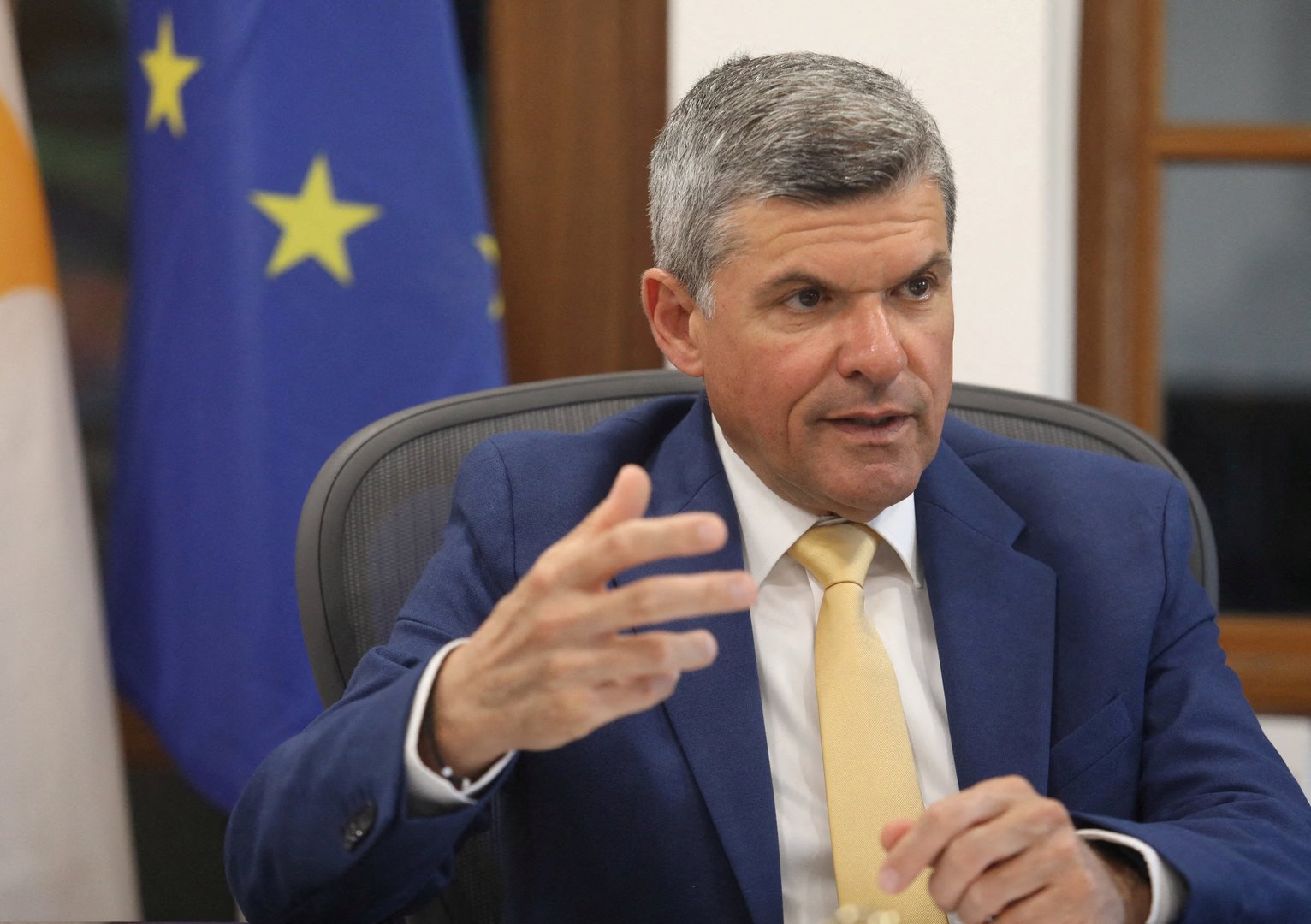Energy Minister George Papanastasiou on Monday said he “cannot tell” if consumers’ energy bills will go down after Cyprus’ electricity grid is opened to private companies.
“I cannot tell you whether the price will go down, because this particular model, namely the ‘target model’, has not been tested in small markets such as in Cyprus,” he told CyBC radio.
“If you ask the minister whether prices will go down, that will depend very much on how the parties compete in a small market in which he decided to apply the ‘target model’.”
The ‘target model’ aims to create a unified electricity market across the European Union, with all 27 member states’ electricity grids open to private companies, with the hope that widespread competition will drive down prices for consumers across the bloc.
Papanastasiou also pointed out that Malta has chosen a different model, called the ‘single-buyer model’, which he says sees “all electricity production from any source concentrated in one specific supplier”, and that this supplier channels it to all consumers in the country.
“We made a decision in 2019 that we would go with the ‘target model’, which provides for a different way of operating the market,” he said, adding that the model also presupposes the existence of an electrical interconnection with the rest of the EU, which Cyprus does not yet have.
He had said on Friday that he is unsure whether the opening of Cyprus’ electricity grid to private companies will lower people’s electricity bills, adding that in large electricity markets, prices typically remain stable when private first companies are allowed to enter, with them then falling later on “due to competition”.
“In a smaller market, which has not been tested often, we will see along the way,” he said, adding that his ministry can intervene “if we see that things are going in the wrong direction”.
The Cyprus energy regulatory authority (Cera) announced last Wednesday that Cyprus’ energy market will open up to private companies on September 15, with October 1 earmarked as “the first day of trading”.
Asked what will change when private companies are allowed to partake, he said energy producers and suppliers will “enter an environment which is essentially a stock market, in which every half hour, quotes will be made, and electricity can be bought”.
The system will be backed by Eurobank, which, he said, has “knowledge of the subject”.
The electricity market association (EMA), meanwhile, expressed their satisfaction with the forthcoming opening of Cyprus’ energy grid to private companies, saying it “welcomes the development” and stressing its “importance for the normalisation of energy prices”.
“With the implementation of the new competitive market, Cypriot consumers will for the first time gain the ability to choose their electricity supplier of choice – a fact which will strengthen competition and lead to fairer and more cost-oriented prices,” it added.







Click here to change your cookie preferences